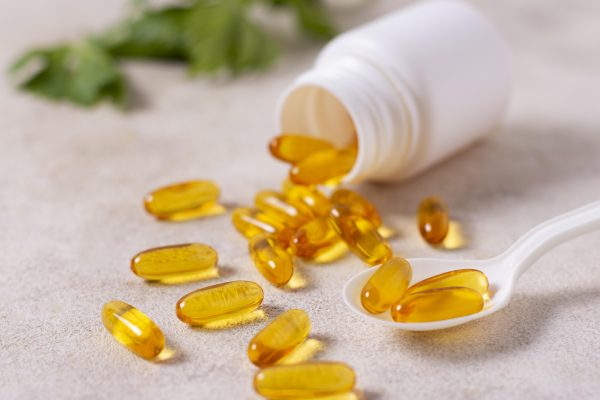Vitamin D has gained popularity for supporting immunity, bones, and mood. But a common question still confuses many: What’s the difference between Vitamin D and Vitamin D3?
If supplement labels have you scratching your head, you’re not alone. This blog breaks down the science behind Vitamin D vs D3 so you can make the right choice for your health.
🔬 What is Vitamin D?
Vitamin D is a fat-soluble vitamin essential for:
- Absorbing calcium and maintaining strong bones
- Boosting the immune system
- Supporting muscle function and emotional health
There are two main forms of Vitamin D:
- Vitamin D2 (Ergocalciferol): Derived from plant sources
- Vitamin D3 (Cholecalciferol): Made in the skin via sun exposure or from animal-based foods
☀️ What is Vitamin D3?
Vitamin D3 is the form your body naturally produces when exposed to sunlight (UVB rays). It’s also the most effective form of Vitamin D.
Sources of Vitamin D3:
- Sun exposure (most natural source)
- Fatty fish, egg yolks, and liver
- D3 supplements (from lanolin or vegan options like lichen)
📊 Vitamin D2 vs D3 – What’s the Difference?
| Feature | Vitamin D2 (Ergocalciferol) | Vitamin D3 (Cholecalciferol) |
|---|---|---|
| Source | Plant-based (e.g., mushrooms) | Animal-based / sunlight |
| Effectiveness | Less effective | More effective and longer-lasting |
| Stability in the body | Breaks down faster | More stable and bioavailable |
| Common Use in Supplements | Prescription or plant-based options | Over-the-counter and mainstream options |
✅ Key Takeaway: Vitamin D3 is generally preferred in supplements because it raises and maintains blood Vitamin D levels more effectively.
🤔 Which One Should You Take?
- ✔️ If you’re healthy: D3 is typically recommended, especially in winter or if sun exposure is limited.
- 🌱 If you’re vegan: Choose D2, or a vegan D3 made from lichen.
- 📉 If you’re deficient: D3 is more effective at quickly restoring blood levels.
📌 Recommended Daily Intake (RDA)
- Adults (19–70 yrs): 600 IU (15 mcg) per day
- Adults 70+: 800 IU (20 mcg) per day
💊 Deficiency may require higher doses under medical supervision.
⚠️ Possible Risks and Who Should Be Cautious
Too much Vitamin D can lead to side effects. Always follow your doctor’s advice.
- Vitamin D toxicity: Usually due to over-supplementation
- Hypercalcemia: Too much calcium in the blood may cause nausea, fatigue, or kidney problems
- Caution: People with kidney issues or sarcoidosis should consult a healthcare provider
🧠 Conclusion: D3 is the Superior Supplement
Vitamin D is the general term for a group of fat-soluble vitamins, while Vitamin D3 is a specific, more effective form that your body produces from sunlight.
When choosing supplements:
- D3 is more effective and longer-lasting than D2
- Vegans may still benefit from D2 or vegan D3 sources
- Supplements should be tailored to your diet, sun exposure, and health condition
Remember: Vitamin D supplements are helpful, but they’re not the only piece of the puzzle. Regular sun exposure, a balanced diet, and routine checkups are all essential for maintaining healthy levels.





